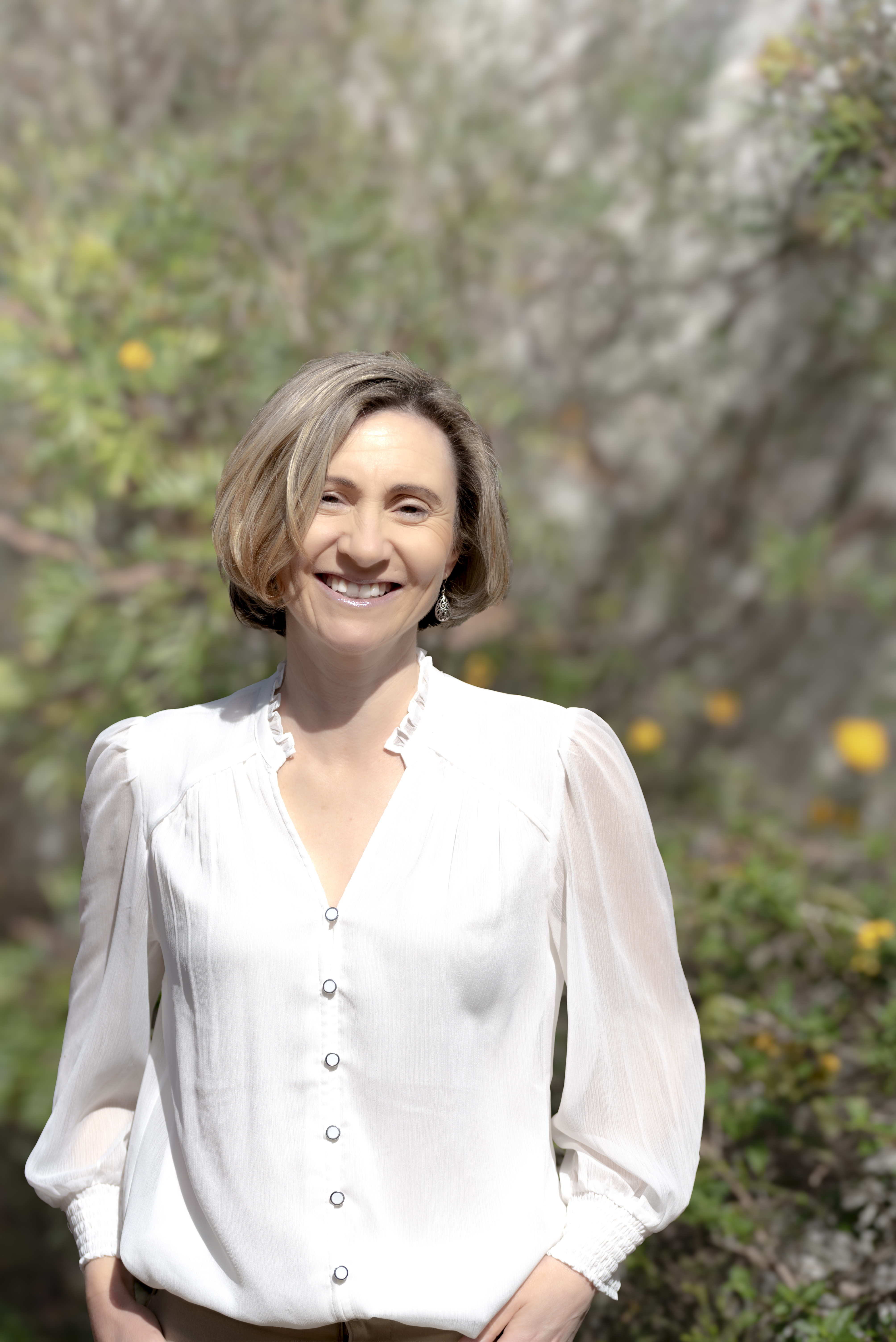The Transformative Power of Slowing Down in Winter
- Joanna Sleight

- Jun 18, 2025
- 3 min read
e weather has definitely turned, and we are
The weather has definitely turned, and we are quickly approaching the shortest day of the year. With that in mind, this blog focuses on a on a different way to approach this time of year, drawing ideas from a lovely book called “Wintering” by Katherine May.

The Transformative Power of Slowing Down in Winter
As the days grow shorter and the air turns crisp, many of us instinctively fight against winter’s rhythm. We double down on productivity, push ourselves through seasonal fatigue, and resist the inward pull of the colder months. But what if winter isn’t something to endure, but an invitation—a sacred pause that offers healing, reflection, and renewal?
In Wintering: The Power of Rest and Retreat in Difficult Times, author Katherine May offers a poignant reimagining of winter, not just as a season, but as a metaphor for life's inevitable periods of difficulty and dormancy. Drawing on personal experience, nature, mythology, and cultural traditions, May gently urges us to resist the modern compulsion
to "power through" and instead embrace the wisdom of slowing down.
The Case for Slowing Down
Winter naturally invites slowness. Animals hibernate. Trees shed their leaves and draw energy inward. The earth itself quiets. Yet humans often resist this seasonal rhythm, attempting to maintain the same pace we do in spring or summer. In doing so, we miss out on the profound benefits of aligning ourselves with nature’s cycles.
According to Wintering, slowing down in winter is not about giving up; it’s about tuning in. It’s a time to rest not because we're lazy, but because we're regenerating. May writes that "Wintering brings about some of the most profound and insightful moments of our human experience." These moments, however, cannot be rushed. They require stillness, solitude,
and a willingness to be present with our inner lives.
Wintering as a Practice
Rather than treating winter as a problem to be solved, May encourages us to see it as a practice, a conscious decision to step back, tend to our needs, and nurture what may be quietly evolving within us. This might look like:
Honouring your body’s need for more sleep and rest.
Creating comforting rituals, like slow cooking, candle lighting,
or reading by the fire.
Spending time in nature, even in the cold, to notice the beauty of
frost, bare branches, and winter skies.
Saying no more often, and allowing space for solitude and
reflection.
Letting go of constant productivity, trusting that rest has value
in and of itself.
A Time for Transformation
One of the most powerful insights in Wintering is that winter is not a barren void, but a season of transformation. Just because change isn’t visible doesn’t mean it isn’t happening. Underneath the frozen ground, seeds lie dormant, preparing for eventual bloom. Likewise, when we slow down, we create space for deep internal work—healing, processing, and imagining new possibilities.
May’s writing is a balm for anyone feeling out of sync with the manic pace of the world. She reminds us that life isn’t linear, and that every person goes through winters—emotionally, spiritually, or physically. These periods are not failures but essential phases of life. By accepting them, we allow ourselves the grace to heal and the space to grow.
A New Winter Mindset
Instead of resisting winter, we can choose to see it as a sacred season, a necessary counterbalance to the action and energy of other times. Slowing down doesn’t mean falling behind. It means aligning ourselves with a deeper, more sustainable rhythm. It means trusting that, like the earth, we too are cycling through phases, and that rest is not a detour
but part of the journey.
So this winter, rather than pushing through, consider what it might mean to slow down, to retreat a little, and to winter well. You may find, as Katherine May beautifully puts it, that “Doing those deeply unfashionable things, slowing down, letting your spare time expand, getting enough sleep, resting, is a radical act now, but it is essential.”
Let winter be your teacher. Let it show you how to be still. And in that stillness, discover your own quiet transformation.
.png)



Comments